Do you compose, or are you composed?
Daily Comfort ZoneBruce Adolphe has been working on an age-old problem:
My new book, Visions and Decisions, is now available online (free for two weeks) from Cambridge University Press. The paperback comes out in February.
This Element investigates the balance and interaction of imagination (visions) and technique (decisions) in the composition of music and includes current scientific research on dreams, the hypnagogic state, emotions, and feelings. It also includes thoughts of composers past and present, and examines how works start from visions in a range of music, comparing musical ideas and techniques to models in other creative disciplines. The Element elucidates aspects of musical discourse by imagining how Haydn, Mozart, and other composers would order falafel for takeout. This unorthodox approach emphasizes parallels between music and theater that are central to this Element.
Just a few of the composers quoted or referenced are: Kaija Saariaho, John Adams, Babbitt, Berio, Boulez, Carter, Chou Wen-chung, Reena Esmail, Sofia Gubaidulina, Anthony Davis, Kala Ramnath, Daniel Bernard Roumain, Takemitsu, Leonard Bernstein, Duke Ellington, Zhou Long, and Wynton Marsalis (there are many more).
Plus, neuroscientists Antonio and Hanna Damasio and Jean-Pierre Changeux; Harvard sleep researcher Robert Stickgold; playwrights Harold Pinter and Ariel Dorfman; poets Stanley Kunitz and Yeats; comedian/directors Mike Nichols and Elaine May, and Alfred Hitchcock; I also discuss some of my own music, as well as my piano puzzlers, and Beethoven, Schumann, Brahms, Janacek, Ravel, Gesualdo, and many of the standard-rep old guard are well represented.

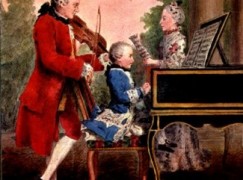
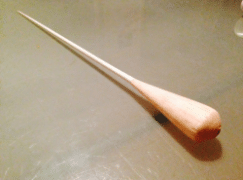
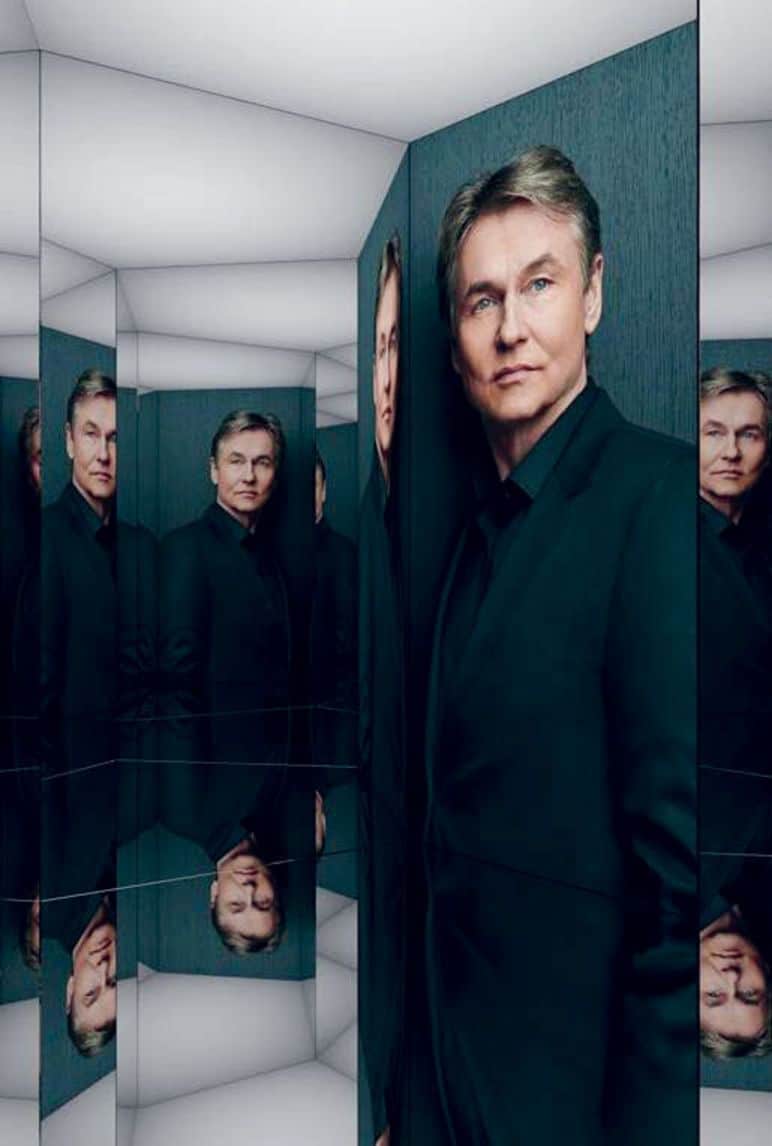
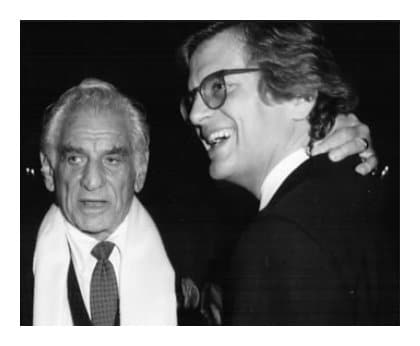
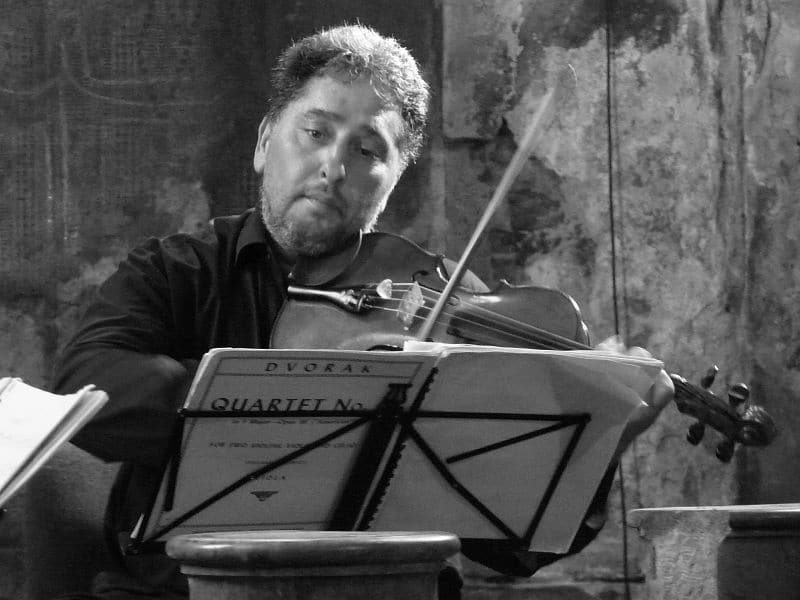
I like Bruce Adolphe’s lectures on chamber music I found on YouTube.
In a somewhat different context (but also concerning music), Ruggiero Ricci was quoted (and I paraphrase, I hope fairly) that one of the challenges for child prodigies, and specifically for him as one of the greatest child prodigies of all time, comes at the age when they have to start making musical decisions — what tempos, what fingerings, what phrasing, even what editions to play — instead relying on the youthful natural instincts that got them where they are controlling all those things. That, he said, is the time when many prodigy careers come to a halt, and nearly detailed his career. The talent didn’t change, it was the need or desire to think and choose that was new and caused some to fall by the wayside.
Maybe Vol. 2 in the series will imagine Menuhin, Ricci and Bustabo ordering falafel, and explain why and how it can be that Bustabo is the name out of those three whose name very few of us know, in spite of nearly identical prodigy careers for all three. No emotions, no feelings — they could just DO it.
But perhaps this actually reverses Bruce Adolphe’s argument because in musical re-creation, for prodigies it is the technique that is instinctive and the imagination that has to be learned.
perhaps bustabo’s adherence to fascism played a role
Interesting comments and excellent points. My book Visions and Decisions is not about performers, but about composers. But your points are very relevant to my book The Mind’s Ear: Exercises for Improving the Musical Imagination for Performers, Composers, and Listeners (Oxford). Check out the third edition, published in 2021. I have worked with many prodigies, especially violinists, to unlock their imaginations. Believe me, it is there already, but is often (with prodigies) buried under technical accomplishments, which are extraordinary and take up a lot of space in the brain! I appreciate your thoughts and urge you to check out The Mind’s Ear.
You were the best Pre-college seminar and music theory teacher ever. Unparalleled combination of intelligence and wit. Highly respected.
Thank you Bruce Adolphe and Slipped Disc for making a free copy of the book available. It’s only about 80 pages long and a good read.
Dare I say that once AI technology develops significantly, we will all be finding out that as organisms we aren’t really responsible for anything. We end up wired up a certain way due to a culmination of experiences and these pathways in the brain cause certain things to happen. Perhaps consciousness is an illusion.
That does seem to be where we are headed towards, but whether consciousness is an illusion, or another phenomenon all together, is yet to be seen.
What’s interesting is that we know musicians and athletes do not use their “consciousness” to play or make split-second decisions. Most of the movements are at an unconscious bodily level, which is a testament to the incredible capacity we have beyond our conscious mind. I think the development of AI will shed more light on this, and as a consequence, we should re-examine ideas on agency, responsibility, merit, and such.